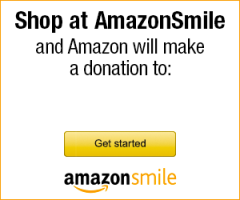Web Site Helps Byte Blight
Community Activists Use It To Network
June 26, 2000 | by Carla Anderson, Daily News Staff Writer
Sharon Ward used it to get more heart into education policy for welfare recipients. Hannah Oakman uses it to link some 150 mentors with Philadelphia welfare mothers. Thousands of other activists use it to schedule events, compare notes and just keep in touch.
It's Neighborhoods Online, a nonprofit Web site developed by Internet activist and former City Councilman Ed Schwartz (it can be found at phillyneighborhoods .org).
The site, an active and highly functional home base for various community volunteers, has become a national model for grass-roots cyber-networking. It hosts five local e-mail lists, which help activists stay current about each other's efforts and experiences, as well as an exhaustive list of resources in both the public and private sector.
More than 1,000 people a month tap into the city-based site, while its brainchild, Neighborhoods Online: National, is accessed by more than 4,000.
So while city government struggles to catch up with its peers in online accessibility, Philadelphia's activists appear to be leading the pack. Users as far away as California, Washington state, and Oregon say they stumbled onto Neighborhoods Online by accident and now use it regularly as their best resource on neighborhood activism.
"I belong to many different lists, but I find this one to be the most informative," said Vernon Brinkley, who views the list from San Diego.
"So far, we've used it to gather examples of ordinances on graffiti abatement, vacant buildings, blight house abatement, and neighborhood associations," said Gigi Michaels of Medford, Ore.
Schwartz is now trying to get Philadelphia's 6,000 block captains on line - an effort he thinks will cost about $750,000 over three years.
The way Schwartz sees it, on-line is how residents in some of Philadelphia's poorest communities will get the information and the clout they need to help transform their communities and fight urban blight.
"This site provides the most complete access to this kind of data that you can find anywhere on the Web," Schwartz said. "If we can set up an infrastructure whereby the 6,000 people in this city who are block captains can tap into this network, who knows what we could accomplish?
He's not the only one who thinks so. Comcast Corp., First Union Bank, the Connelly Foundation and the Philadelphia Foundation have committed $100,000 to the project so far.


